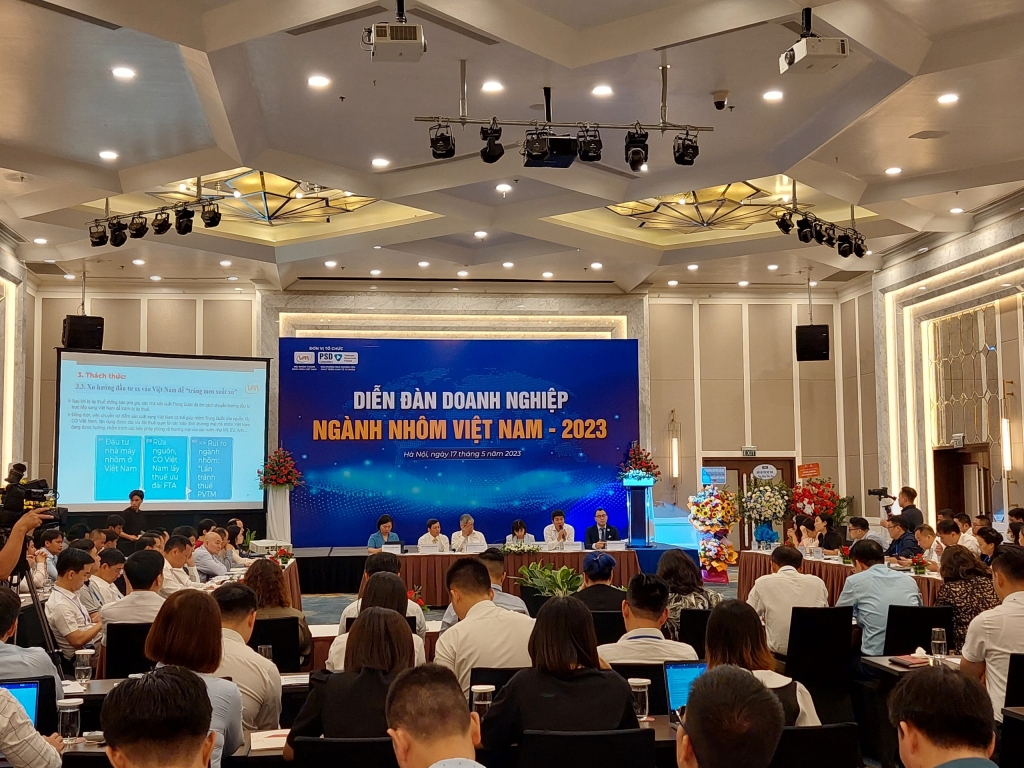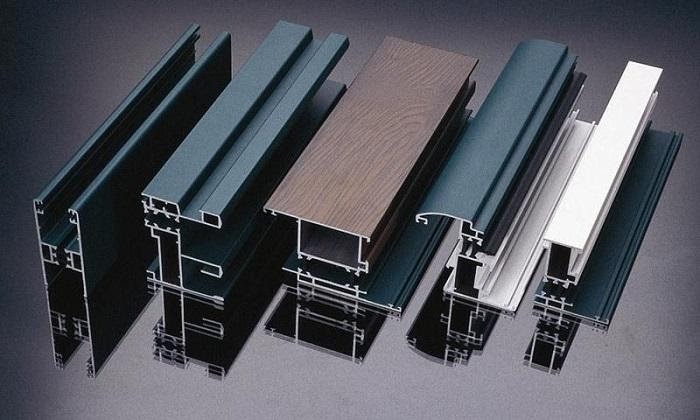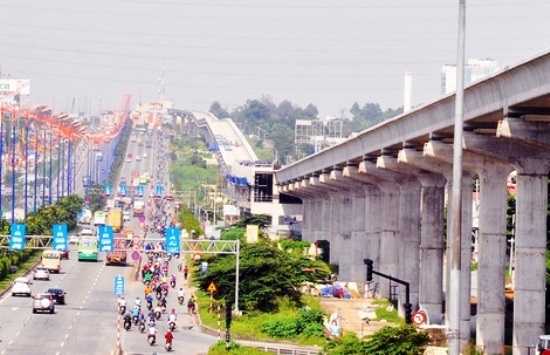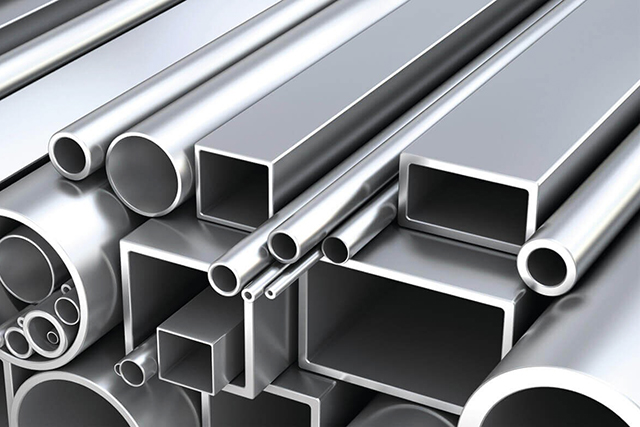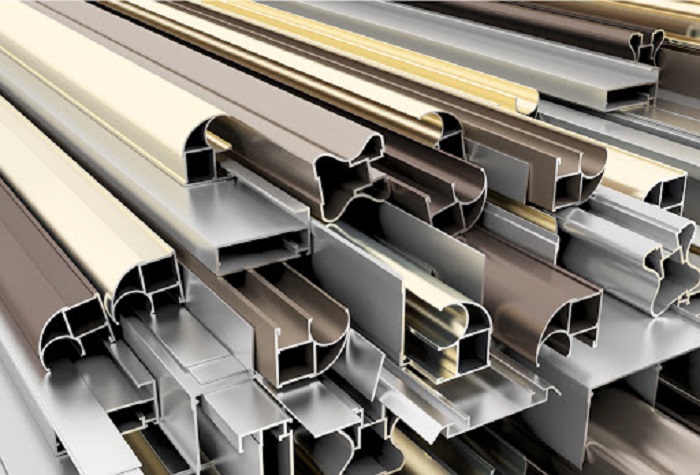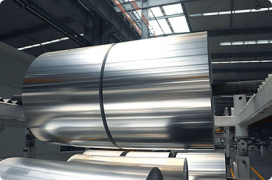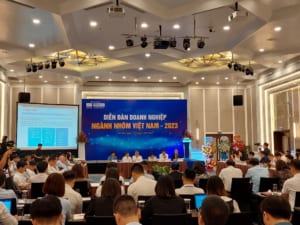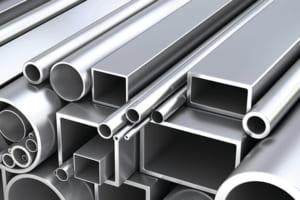Vietnam Aluminum Industry Business Forum – 2023, organized by the Vietnam Aluminum Profiles Association in coordination with the Office of the Private Economic Development Research Board (Division IV) took place this morning, May 17 at Hanoi.
The forum aims to connect aluminum manufacturers across the country, provide an overall view of the current aluminum industry, identify opportunities and challenges for businesses, consult recommendations from experts, and then discuss Discuss and propose solutions to limit risks for businesses and the Vietnamese aluminum industry in the coming time.
The event attracted nearly 200 delegates, including experts, representatives of management agencies, press agencies and leaders of businesses operating in production and business activities in the country’s aluminum industry ecosystem.
 |
| Vietnam Aluminum Industry Business Forum – 2023 |
Speaking at the opening ceremony at the Forum, Mr. Nguyen Minh Ke, Chairman of the Vietnam Aluminum Profiles Association, said that currently the Vietnamese aluminum industry is facing many challenges. Market demand has recently dropped sharply, forcing factories to reduce capacity. Most aluminum production enterprises are only operating at approximately 30% capacity and their cash flow is depleted. Some domestic enterprises are dumping, causing market chaos, making it even more difficult for aluminum industry enterprises.
“Therefore, it is necessary to have measures to help healthy the market and increase the competitiveness of Vietnamese aluminum products to find export markets. The association continues to propose reducing export tax on aluminum bars, rods and shapes. This is the strong product group of Vietnamese aluminum today,” Mr. Ke said.
The second difficulty raised by the Chairman of the Aluminum Bar Association is that the decision to impose anti-dumping tax will expire from October 2024, the deadline for submitting final review documents is September 2023. According to Mr. Ke, manufacturers need to recognize the role of anti-dumping tax on the domestic market in recent years. In 2019-2020, the imposition of anti-dumping tax on shaped aluminum originating from China was once a salvation for Vietnamese aluminum enterprises on the brink of bankruptcy. Therefore, manufacturers need to review the current situation and reach a consensus with the Association to request the Ministry of Industry and Trade to extend the decision for another 5 years.
The third challenge is the clear trend of shifting investment capital flows to Vietnam’s aluminum industry in recent years, mainly capital flows coming from Chinese aluminum manufacturers (typically the case of Xingfa Quang Company Dong) is shifting to invest in production in Vietnam.
During the 2016-2018 period, Chinese aluminum overproduction led to dumping, causing Vietnamese aluminum enterprises to cease operations and workers to lose their jobs. In 2019, when the Ministry of Industry and Trade imposed an anti-dumping tax on shaped aluminum originating from China, along with the participation of anti-smuggling and trade fraud agencies, it prevented Chinese aluminum. dumping into Vietnam.
“The problem is that after being taxed, Chinese manufacturers tried to redirect direct investment to Vietnam to avoid being taxed. At the same time, shifting production bases can help Chinese aluminum take advantage of tariff incentives from trade agreements that Vietnamese aluminum is enjoying, in order to avoid trade defense measures from countries such as US, EU, UK… This will directly affect the domestic market and export market of Vietnamese aluminum factories. Units once again face the risk of losing the domestic market for the second time like in 2018-2019 before anti-dumping taxes were imposed; At the same time, facing the risk of investigation/imposition of tax to avoid trade defense when Vietnamese aluminum is exported to the EU and US…”, Mr. Ke analyzed.
Meanwhile, Mr. Vu Van Phu – Vice President and General Secretary of the Vietnam Aluminum Profiles Association, especially paid attention to businesses in the industry about the overcapacity situation. Currently, overall in the aluminum field, there are about 100 factories, mainly producing shaped aluminum. Aluminum production capacity increased sharply, about over 1.2 million tons/year, meeting domestic and export demand. However, the worrying issue is that in recent years, the capacity of the aluminum industry has begun to show signs of excess. Accordingly, the output of most factories only reaches 70% of design capacity, and finished aluminum products produced exceed domestic and export market demand. This is also the main reason why in the first quarter of this year, most aluminum businesses struggled.
“Most aluminum factories only operate at 30-40% capacity. In this context, aluminum businesses face many difficulties, with almost no revenue or very low revenue, difficult cash flow, mainly just trying to maintain production to keep jobs for workers.” , Mr. Phu said.
To overcome this situation and restructure the aluminum industry towards sustainable development, Mr. Phu recommended considering the overall planning of the aluminum industry, producing pure aluminum and increasing aluminum recycling and access to raw materials. green”. Ministries, branches and competent agencies shall soon research and develop industry development policy planning; Effectively maintain domestic trade defense measures. In addition, authorities need to carefully consider licensing investment projects with FDI capital in the aluminum sector in Vietnam, and at the same time consider having policies to reduce aluminum export taxes and support aluminum exporters. Enterprises increase competitiveness and expand export markets to overcome the current difficult period.
Also at the Forum, experts and business representatives agreed that in the context of multiple economic recessions, Vietnam’s aluminum industry is facing difficult problems and major challenges that need to be resolved, due to There is a need for comprehensive solutions to overcome existing problems, restructure the industry and have a sustainable development strategy in the coming time. At the discussion session, businesses and experts gathered to discuss solutions to limit risks for the aluminum industry and businesses in the future.
According to Ms. Pham Chau Giang – Senior Expert of VinaCapital Fund, Vietnam’s aluminum industry still has room for development. In fact, it is not that the industry is facing difficulties now, but in the past there were times when it was much more difficult but businesses were still able to overcome it. Currently, the aluminum industry has the advantage that there are almost only domestic enterprises producing, and almost no competition with foreign enterprises, because FDI enterprises in this field are still limited. Therefore, according to Ms. Giang, aluminum businesses need to take full advantage of this advantage, to link together to produce and supply for the domestic market and boost exports. In addition, authorities need to consider and research to have policies to support businesses in expanding export markets and jointly support businesses in building strong industry development strategies in the next 10 years. .
However, Ms. Giang also noted that the current limitation of Vietnam’s aluminum industry is that the products are quite similar and focus mainly on shaped aluminum bar products. Therefore, aluminum industry enterprises need to promote product diversification to suit different usage needs, to increase supply capacity to the market and boost exports, while increasing competitiveness. businesses compete to improve quality and lower costs.
From the perspective of state management agencies, Mr. Chu Thang Trung – Deputy Director of the Trade Remedies Department, Ministry of Industry and Trade noted that businesses need to promote linkages to take advantage of the production chain to increase productivity. production capacity as well as the added value of products, thereby increasing the competitiveness of businesses.
Regarding the recommendations of the Association and aluminum businesses on maintaining domestic trade remedies, Mr. Trung affirmed that decisions cannot be made arbitrarily but must be based on the investigation results of the authorities and information from aluminum industry enterprises./












